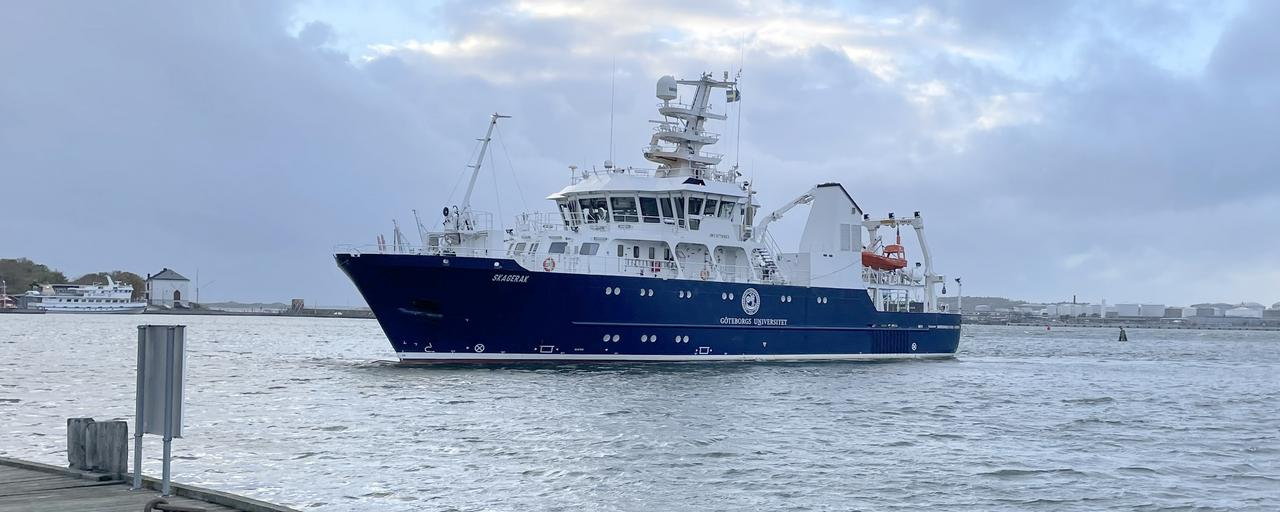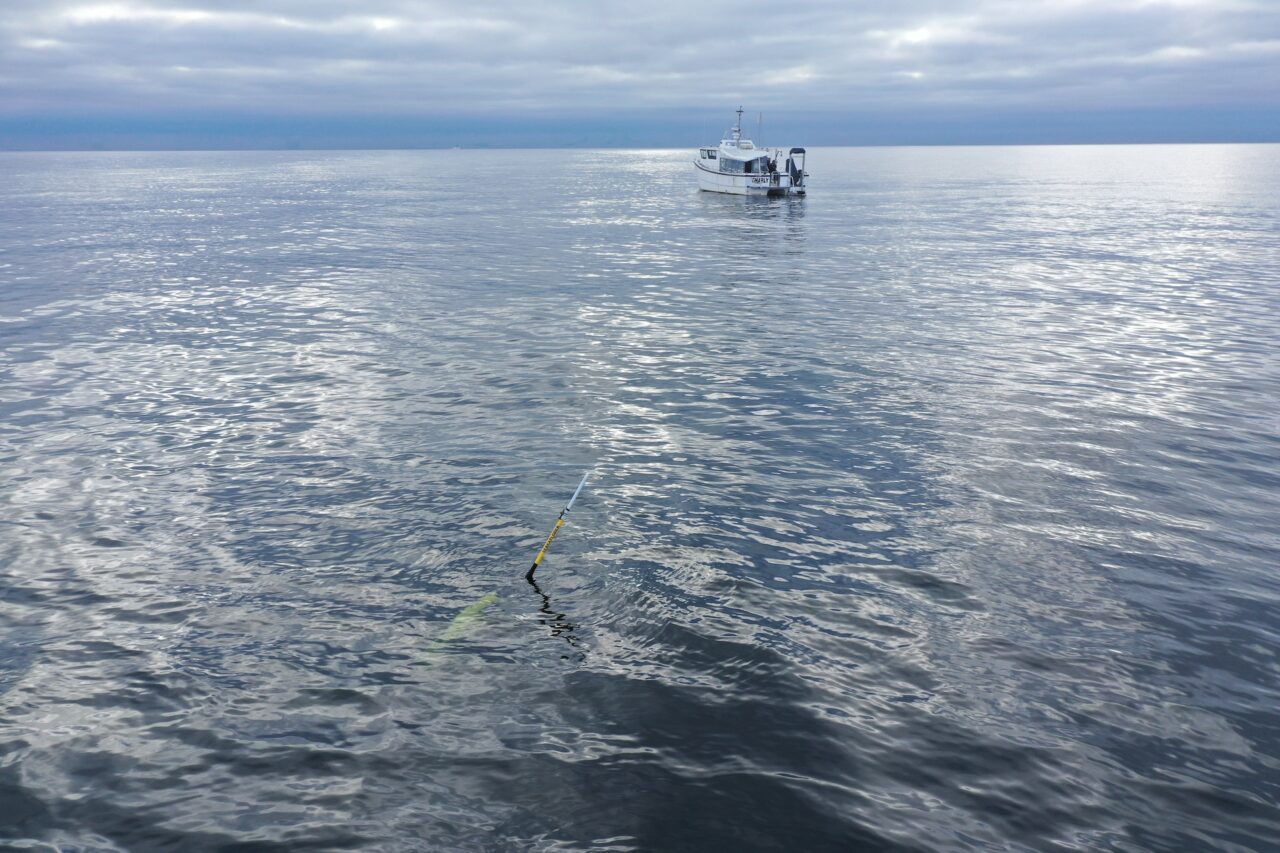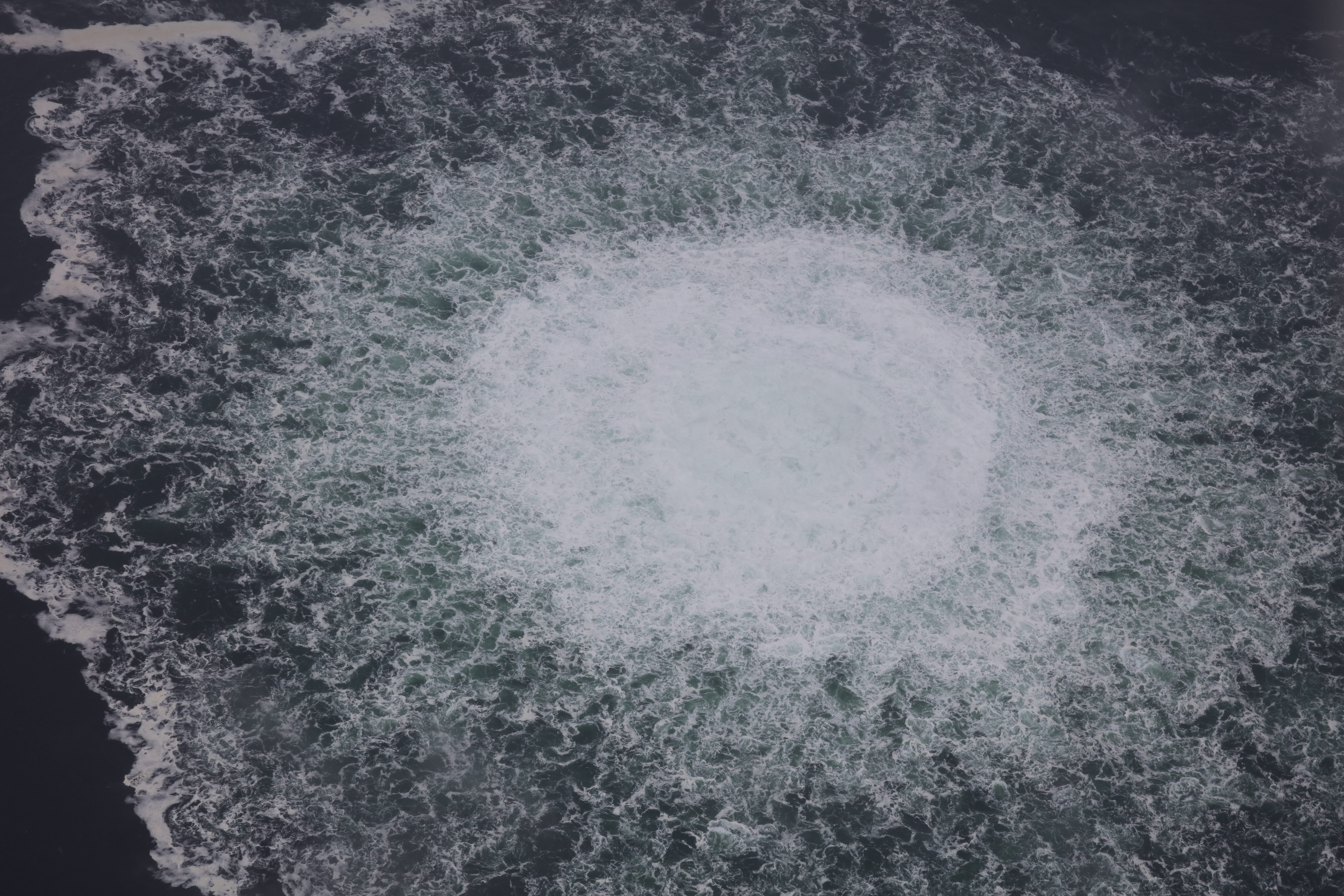
With a large number of sampling bottles and special equipment from Germany, researchers from the University of Gothenburg are now on the Baltic Sea. The aim is to investigate the levels of methane gas following the Nord Stream leak and to find out the consequences for marine life.

On September 26th, both Nord Stream gas pipes ruptured, leading to enormous gas leaks outside of Bornholm in the Baltic Sea. Voice of the Ocean Foundation and University of Gothenburg quickly set up operations to monitor both what was happening from an oceanographic point of view, and also the methane directly. To see how it spread and how it remained over time.

Nord Stream was subjected to gross sabotage, the prosecutor confirms in a press release. Explosives have been found on several foreign objects.